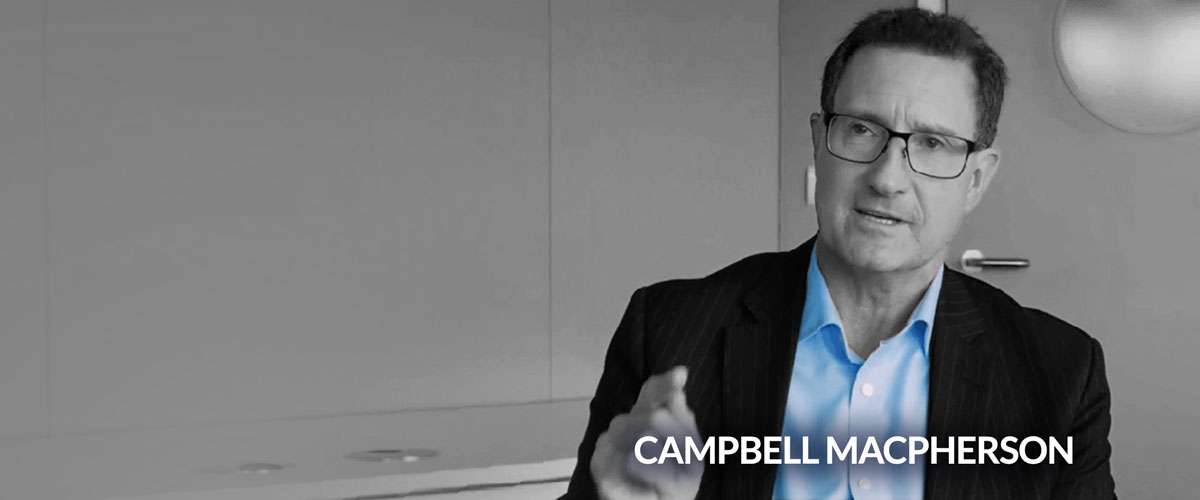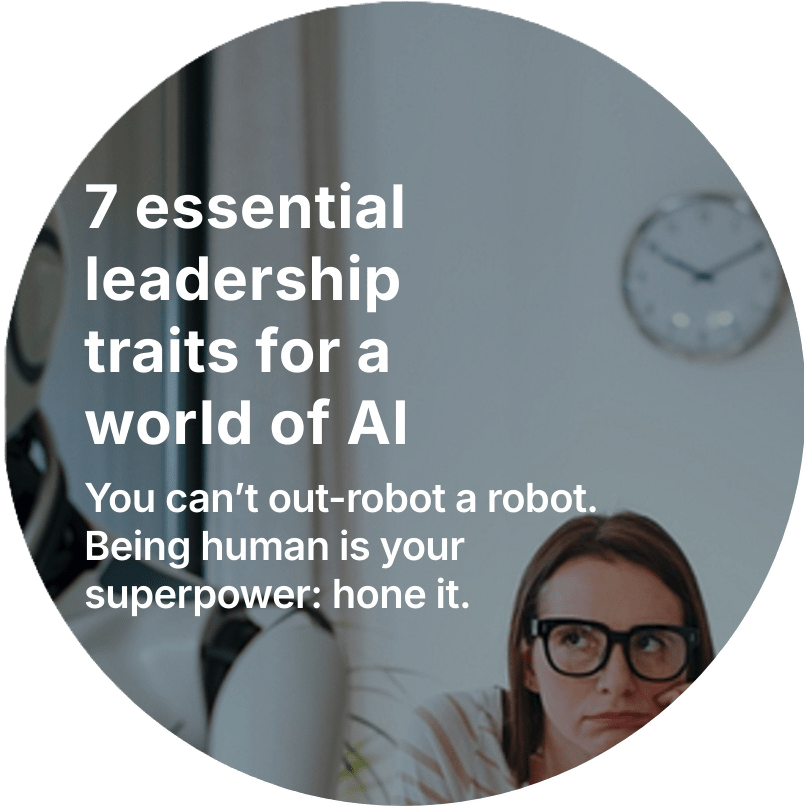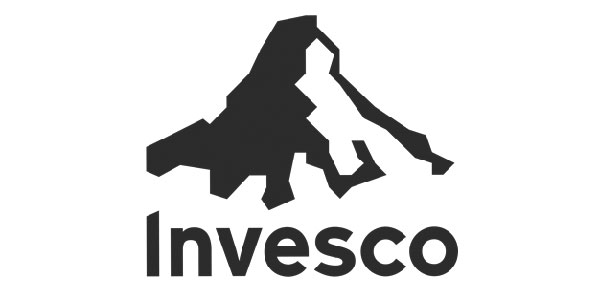
LEADERSHIP TODAY IS ABOUT LEADING WITH INFLUENCE
AND LEADING CHANGE
AND LEADING CHANGE
Change & Strategy International is a change and leadership consultancy based in Cheltenham UK with clients worldwide. CSI’s Principal, Campbell Macpherson, is a change leadership expert who has been enabling leaders at all levels of organisations to lead successful change for more than 25 years across the UK, Europe, US, Australia, Asia and the Middle East. We provide leadership development, leadership team development, change leadership, change management consulting, culture change, strategy consulting, strategy alignment, organisation design, business consulting services, keynote speeches, workshops and programs to enable your people and your business to thrive in a world of change.
88% of change initiatives, business strategies, mergers and acquisitions fail to deliver what they set out to achieve. There are multiple reasons for this endemic failure, but they all boil down to one over-arching factor – leadership.
Leadership is leading change. If you are not leading change, you are not leading anything, you are just managing the status quo. And as we have all learnt over the last few years, the status quo doesn’t last for very long.
And leaders exist at all levels of an organisation – whether you manage people or not. For leadership is not about hierarchy, it is about influence.
In the decades I have spent helping leaders to beat these odds and lead the delivery of successful and sustainable change, I have identified five key ‘truths’ about the subject. At first glance they may come across as ‘Blinding Glimpses of the Obvious’. They’re not.
- Change is inevitable. An easy comment to agree with but so difficult for people to fully take on board. Life is inherently uncertain. And as we have seen these last eighteen months, so is business. If we are to be successful, if our people are to be successful, we must all learn to acknowledge that there are aspects of life and business that we simply cannot control – and then learn to be comfortable with this fact. Change is not a project, nor is it a one-off. It is a constant part of life. As two recent delegates in one of my ‘Leading Change’ workshops remarked: ‘not all change is good’ and ‘not all change is bad’ – and we must learn to accept both.
- All change is personal. Even the most comprehensive of organisational changes is actually the culmination of a myriad of individual changes. Successful change is not about processes or systems or business models or balance sheets or budgets. It is about people. And people are complex, messy, irrational and emotional beings.
- We all erect our own personal barriers to change. And these need to be acknowledged and aired. Each of us reacts to change differently, and the way we react will differ from one situation to another. But we each possess our own default reactions; out own default barriers to change, especially when it is forced upon us. Some of these barriers may only last a few seconds, while others may last a lifetime. As leaders, it is our job to help our people identify their own barriers to change, so they can start to overcome them.
It is also our job to encourage our people to air their concerns and fears about any proposed change or strategy, for if these concerns aren’t voiced, they will grow in importance and become incredibly strong change barriers. Most leaders of change don’t understand this; they simply want their people to nod and comply. This is a big reason why most changes fail.
- All change is emotional. The roller coaster of emotions that we experience when change is done to us are both profound and entirely normal. The realisation that these emotions are normal has overwhelmed many a delegate in my Embracing Change workshops, and it is the first step to being able to use them to our advantage.
A key reason for change’s spectacular failure rate is that too many leaders forget that emotions trump logic every time. In fact, they are four times more powerful than logic when it comes to change. If you wish your people to embrace change, if you wish for your people to deliver your new strategy, you must appeal to their emotions. Logic alone simply won’t cut it.
- No-one changes because they are told to. We humans only change if, and when, we want to. So, as leaders, it is our job to help our people to want to change.
What does all this mean for us as leaders?
If we wish our people to succeed, we must not only present the numbers associated with our desired future state, but also paint a picture of what the future will look and feel like. We need to explain why the change is necessary and ensure this ‘why’ is relevant to everyone, helping every person to find an emotional reason to embrace the change. We need to appeal to their pride, their ego, their sense of self, their desire to help others – whatever it takes to unearth the emotional connection that will help them to want to change.
Extraordinary leaders are good listeners – listening to understand rather than simply listening to reply.
They are stewards, striving to leave their part of the business in a better shape than they found it. They create more leaders rather than followers, and they motivate their people to deliver results.
Extraordinary leaders also know that success is impossible until they create a culture that is comfortable with uncertainty; until their people are ready, willing and able to embrace change – and are able to unleash their potential.
Author of
THE CHANGE CATALYST
2018 Business Book of the Year
Wiley 2017
Author of
THE POWER TO CHANGE
Kogan Page 2020
Author of
YOU: PART TWO
Hachette 2021/2022
Author of
YOU: PART TWO
August 2021
Author of
THE CHANGE CATALYST
2018 Business Book of the Year
2018 Leadership Book of the Year
Author of
THE POWER TO CHANGE
Finalist 2021 Business Book Awards










































































